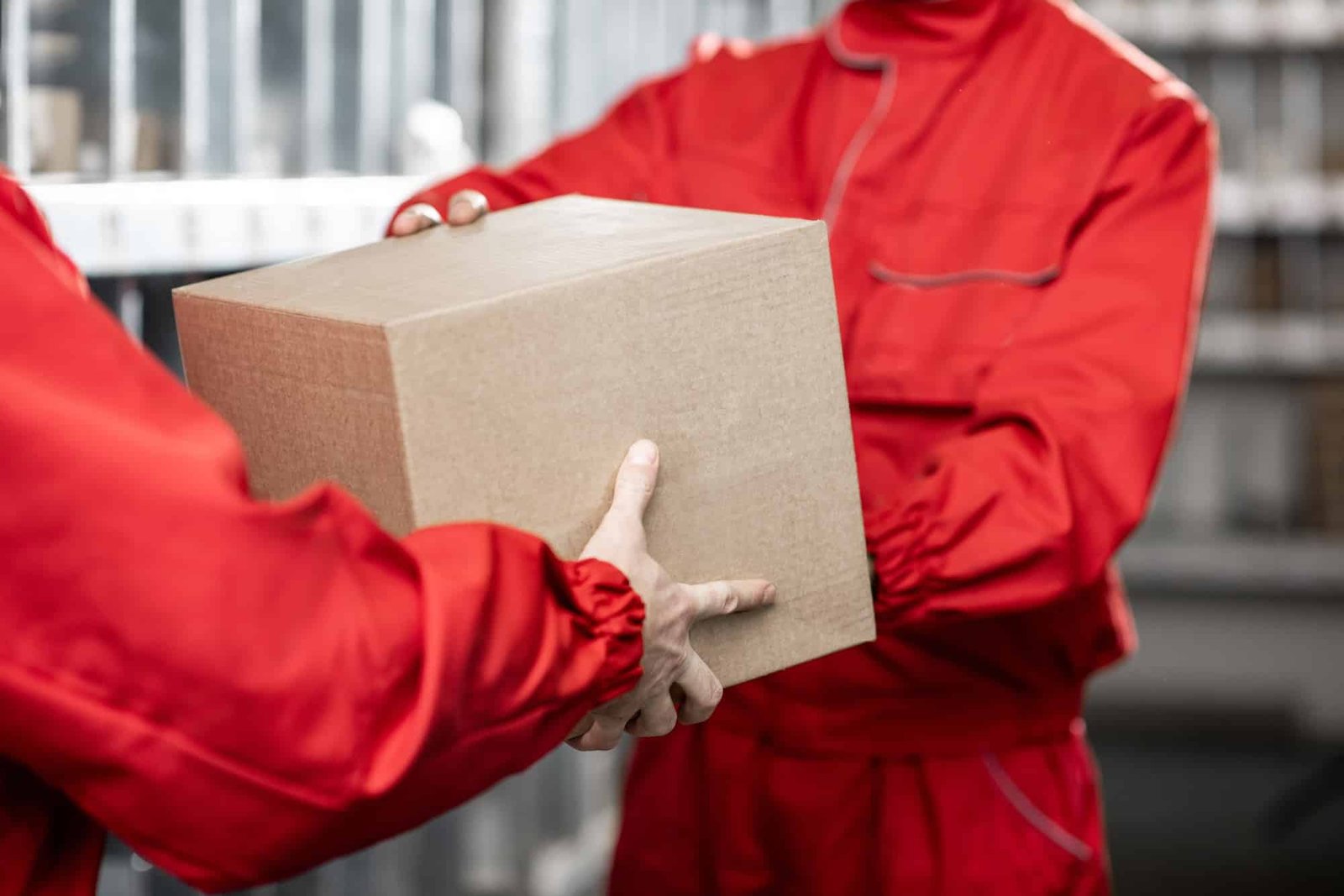The construction industry is rapidly evolving, with a growing focus on sustainability and efficiency. For African markets, where cost management and environmental challenges like heat, dust, and humidity are significant, adopting eco-friendly industrial tapes offers a reliable alternative to traditional adhesives and mechanical fasteners.
Eco-friendly tapes combine performance, cost-effectiveness, and environmental responsibility, making them essential for modern construction projects.
This guide explores the best tape solutions for various construction applications, emphasizing their environmental and operational benefits.
Why Eco-Friendly Tapes Matter in Construction
1. Sustainability: Reduces reliance on toxic materials and supports green building certifications like LEED.
2. Efficiency: Simplifies application, reduces labor costs, and accelerates project timelines.
3. Adaptability: Performs well under African climatic conditions, ensuring durability in heat, moisture, and UV exposure.
Key Applications of Eco-Friendly Tapes in Construction
1. Sealing and Insulation
Proper sealing is crucial in construction to maintain energy efficiency and protect structures from external elements.
How eco-friendly tapes help:
• Provide airtight seals in windows, doors, and HVAC systems.
• Improve thermal insulation, reducing energy consumption.
• Use non-toxic adhesives, ensuring safety during application.
Recommended tape: Butyl sealing tape for weatherproofing and eco-friendly insulation tape for energy efficiency.
2. Roofing and Waterproofing
In African climates, roofing materials must withstand high heat, UV rays, and heavy rains.
How eco-friendly tapes help:
• Create durable, water-resistant bonds for roof membranes.
• Prevent leaks in gutters and joints with minimal environmental impact.
• Resist UV degradation, extending the lifespan of roofing materials.
Recommended tape: EPDM roofing tape for superior waterproofing and UV resistance.
3. Bonding and Mounting Panels
Panels for cladding, partitions, and ceilings require secure and lightweight bonding solutions that avoid damage to the substrate.
How eco-friendly tapes help:
• Eliminate the need for screws and nails, reducing material waste.
• Offer high-strength adhesion for lightweight materials like aluminum or composites.
• Reduce installation time, saving labor costs.
Recommended tape: Double-sided acrylic foam tape, ideal for panel mounting and structural glazing.
4. Flooring Installation
Flooring systems, particularly in commercial buildings, require tapes that can withstand heavy traffic while ensuring easy application.
How eco-friendly tapes help:
• Replace toxic adhesives with low-VOC (volatile organic compound) tapes.
• Provide strong, long-lasting adhesion for carpets, vinyl, or tiles.
• Allow easy repositioning during installation, reducing waste.
Recommended tape: Low-VOC double-sided tape for environmentally responsible flooring projects.
5. Temporary Fixes and Repairs
Construction projects often require quick, temporary solutions to secure materials or address issues on-site.
How eco-friendly tapes help:
• Provide quick fixes for securing protective sheets, cables, or signs.
• Ensure clean removal without leaving residue or causing damage.
• Use biodegradable adhesives for reduced environmental impact.
Recommended tape: Biodegradable masking tape for short-term applications.
Advantages of Eco-Friendly Tapes in African Construction
1. Cost Savings: Reduce waste and labor costs through simplified application.
2. Durability: Perform well in harsh climates, withstanding extreme heat, moisture, and UV exposure.
3. Environmental Responsibility: Minimize ecological impact with non-toxic and recyclable materials.
4. Compliance: Support green building certifications and industry sustainability goals.
Tips for Selecting the Right Eco-Friendly Tape
1. Assess Material Compatibility: Ensure the tape bonds effectively with your construction materials.
2. Consider Climatic Conditions: Select tapes that resist UV rays, humidity, or high temperatures.
3. Check Certifications: Look for products certified as low-VOC or compliant with environmental standards like RoHS.
4. Test Before Use: Verify performance under real-world conditions to avoid project delays.
Conclusion
Eco-friendly tapes are transforming the construction industry by offering sustainable, efficient, and reliable solutions for critical applications. By adopting these tapes, African engineers and buyers can reduce costs, improve project efficiency, and contribute to environmental sustainability.






